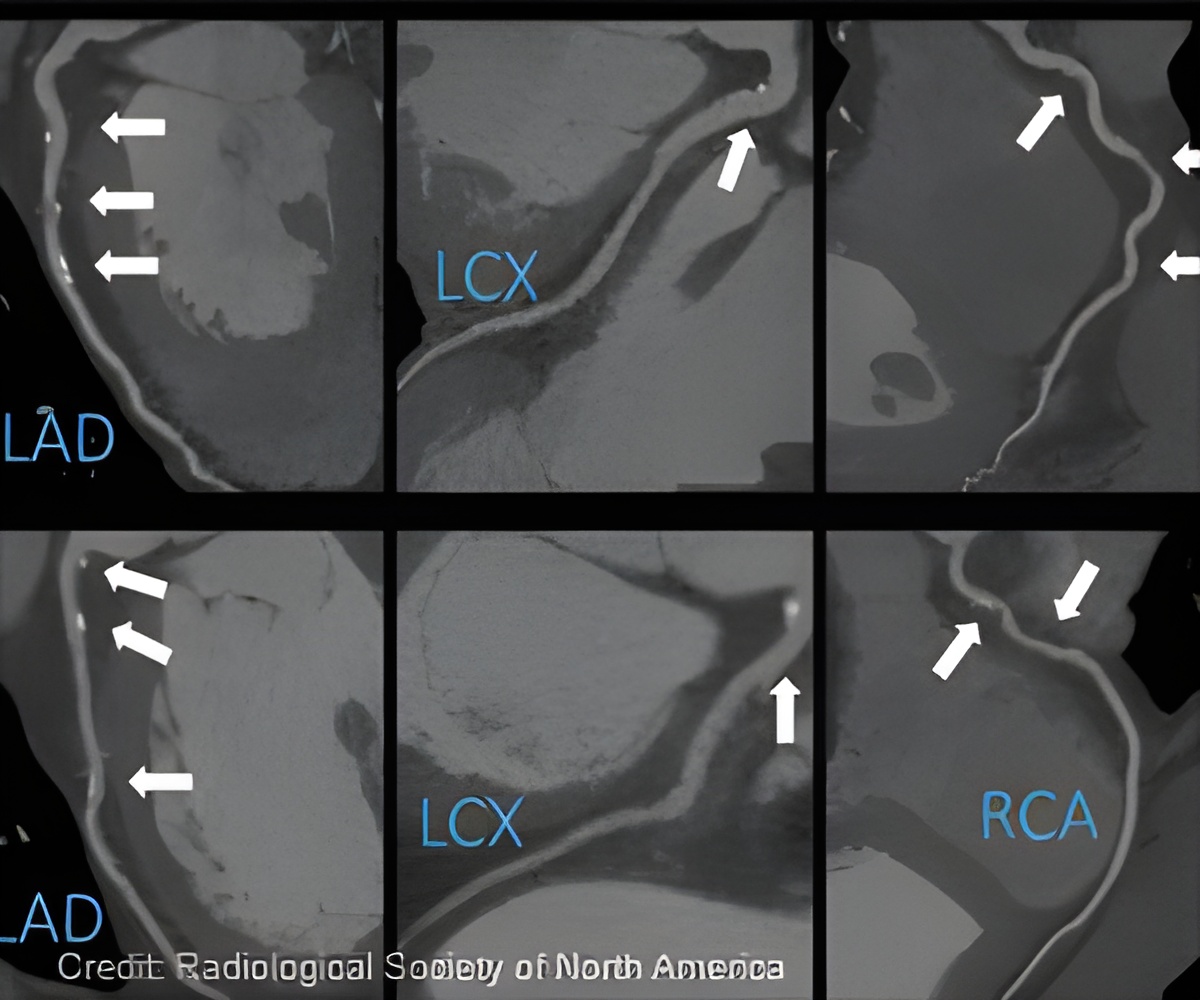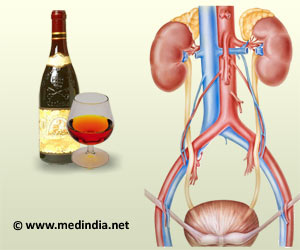Light or moderate consumption of alcohol had no effects in the development of fatty plaques in the arteries of the heart can lead coronary artery disease(CAD).

- In the study, Coronary Computed Tomography Angiography (CCTA) was used to determine the formation of plaques in the arteries of the heart
- Characterizing the plaques and differentiating several types of atherosclerosis is possible with CCTA
- Drinking light or moderate amounts of alcohol has no effect on coronary artery disease (CAD)
To study the effects of alcohol, cardiovascular disease risk factors (high cholesterol levels) and cardiovascular outcomes were analyzed in previous studies and concluded that consuming alcohol in lighter amounts reduced the risk of CAD.
Effects of Alcohol determined by CCTA
Researchers in this study concentrated on various other factors like alcohol consumption, type of alcohol consumed and presence of coronary plaques using CCTA.
Patients of about 1,925 who were suspected with CAD were chosen for CCTA. A questionnaire was given to the patients to collect information on alcohol consuming habits, the amount consumed and the type of alcohol consumed.
The relationship between atherosclerosis, clinical risk factors and patients drinking habits were assessed using patients’ clinical and CCTA data which were already available in the hospital.
One unit translates to approximately 2 deciliters (dl) or 6.8 fluid ounces of beer, 1 dl or 3.4 ounces of wine, or 4 centiliters (cl) or 1.35 ounces of hard liquor.
Alcohol consumption relation with CAD
Researchers discovered that consumption of alcohol whether in light or moderate amounts had no relation with the presence of CAD and as well as no relation was found with different types of alcohol and the presence of coronary atherosclerosis.
There was no difference observed in both the patients who had coronary artery plaques and those who did not.
"Evaluating the relationship between light alcohol intake (maximum of 14 units per week) and presence of CAD, we again found no association. Furthermore, we analyzed the effect of different types of alcohol (beer, wine and hard liquor) on the presence of CAD, but no relationship was found," said Dr. Karády.
Dr. Karády added that there was no protective effect and also no harmful effects were detected among light drinkers of alcohol.
Moderate consumption of alcohol has a number of potential side effects, including negative long-term effects on the brain and heart. Therefore, further expansion of the study is needed to include more patients and perform further analyses, as to find if alcohol has any effect on the coronary arteries.
Reference:
- Alcohol Consumption Shows No Effect on Coronary Arteries - (https://press.rsna.org/timssnet/Media/pressreleases/14_pr_target.cfm?id=1918)
Source-Medindia















